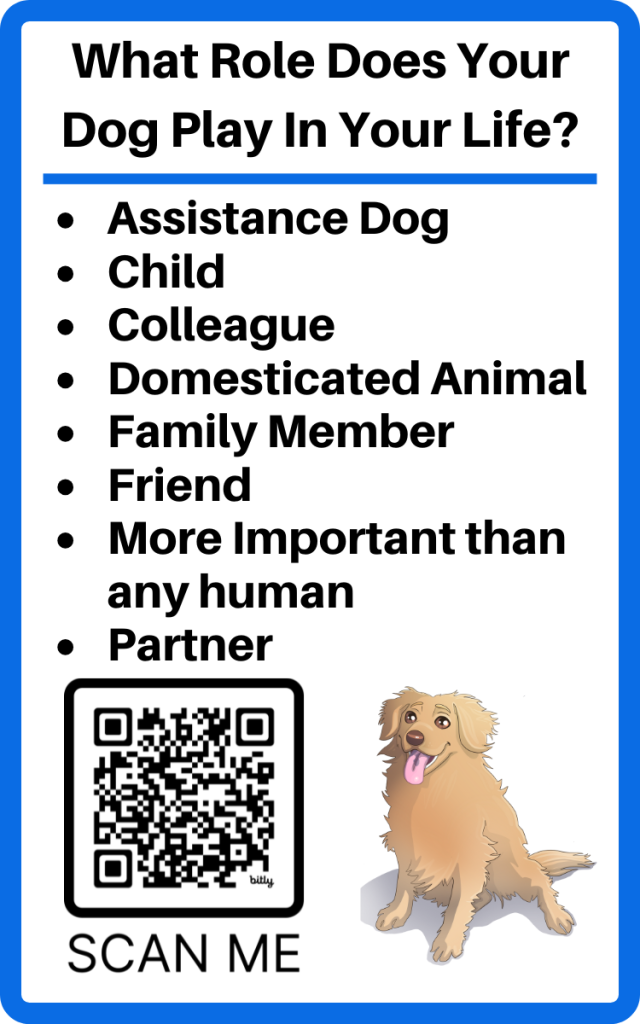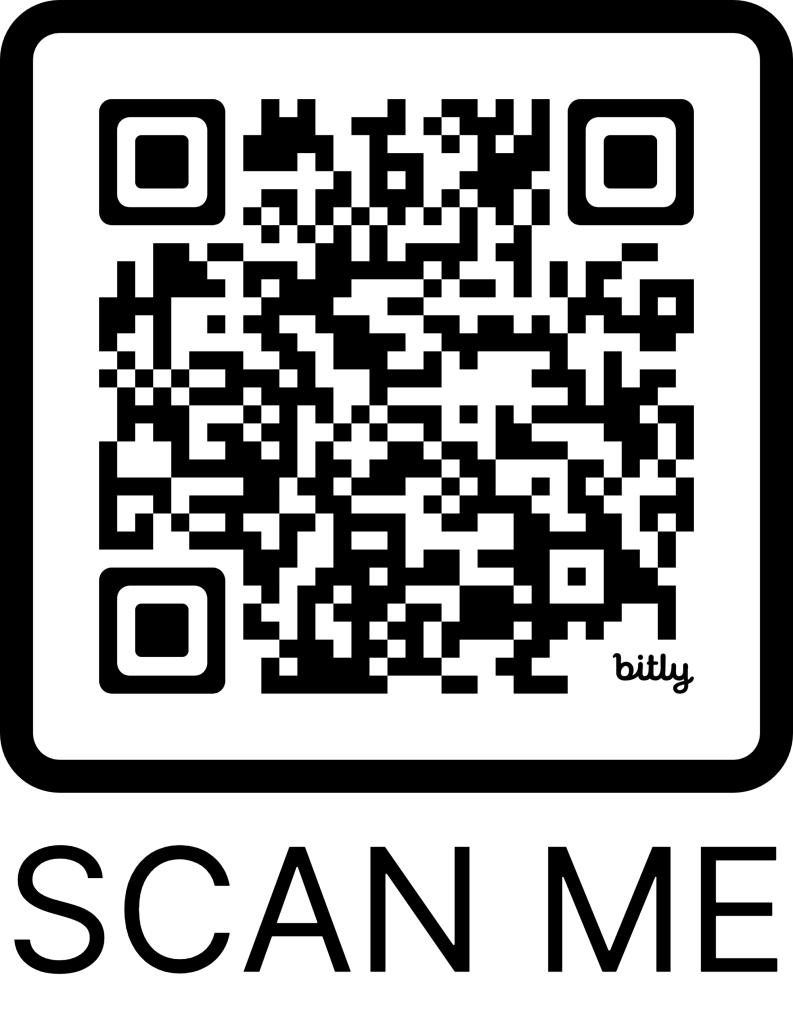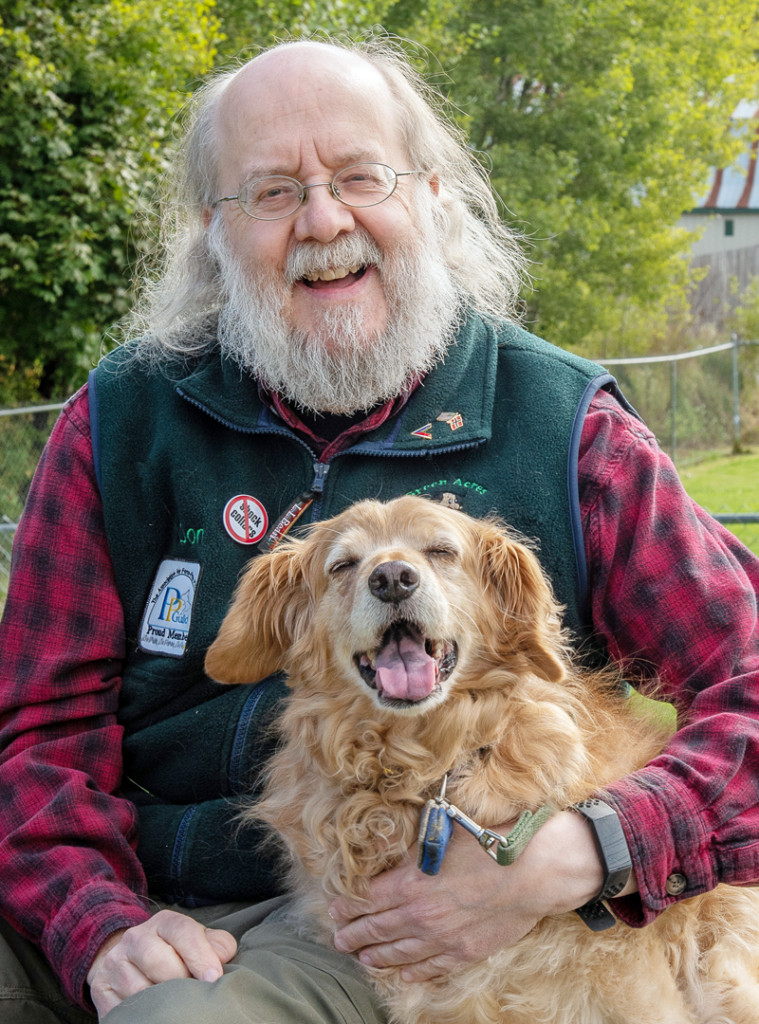Pets and Their People Blog
What Role Does Your Dog Play in Your Life?
Last summer, I read a market research report that reported that 76% of people in the US with pets strongly agree that pets are part of the family and that 17% agree that pets are family members. That is a total of 93%, which is something to be excited about as it suggests that most of us who share our lives with pets believe they should be treated as family.
I am now in my 30th year as a pet care professional and feel fortunate to have entered this career when I did because of the new knowledge science has revealed about our pets and the changing attitudes about the ways we care for them.

At the end of November, the prestigious journal Nature published a new study in Scientific Reports based on an online survey of dog owners in Hungary. The paper, “The role of dogs is associated with owner management practices and characteristics, but not with perceived canine behaviour problems,” reported that how respondents perceive their dogs affects how they care for them.
Key findings included:
- People typically consider their dog to be one of the following: 1) a family member, 2) a friend, or 3) a utilitarian partner (they have a dog who serves a specific role: protection, assistance, etc.)
- Those who see their dog as a family member tend to be younger and often form the closest bond with their dog.
The authors reached the following conclusion:
“Despite the general trend observable in Western countries, in which dogs are more and more perceived as family members providing unconditional love and support, this study highlights that not all dog owners are the same, even in a convenience sample interested in dog behavioural studies. Our results show that dogs can fill multiple (social and non-social) roles simultaneously in their owners’ lives, highlighting the complexity of the dog-human relationship. Our findings also suggest that these roles are associated with different dog and owner characteristics. Importantly, attributing utilitarian, non-social roles to dogs, together with human-like roles, does not mean that dogs occupy a peripheral place in humans’ social circles. The dog can be perceived as a colleague, a friend, and the most important being in its owner’s life. Moreover, keeping a dog for useful purposes (e.g., assistance, safety) and not for company only is not a synonym for lowered care. Our study did not identify any major welfare concerns in relation to the roles attributed to dogs, as variations in roles and in management practices were not connected to behaviour problems. An association with behaviour problems could have indicated that these management practices were inappropriate, thus compromising the dog’s welfare. On the contrary, and similarly to previous findings [35,63], we found that attributing multiple functions to dogs may enhance the time and effort put into the dog’s care, which in turn could improve the dog’s perceived obedience.”
What Role Does Your Dog Play?
I found this study very interesting and am curious how those of you who read this article or my column, blog, or follow me on Facebook view your dog’s role in your life.
I’ve devised a similar questionnaire in Google Forms and invite you to respond.
I’ll report what I learn in a future column and on my blog. To participate, use this link or scan the QR code below:

To encourage people to participate, I will randomly select three emails from those who complete this questionnaire. Each will be offered their choice of a $25 gift card from Green Acres Kennel Shop, OR a copy of The Forever Dog by Dr. Karen Becker and Rodney Habib, OR a copy of Bark!: The Science of Helping Your Anxious, Fearful, or Reactive Dog by Dr. Zazie Todd.
The survey will close on February 28, 2025 and winners will be announced early in March of 2025.
About the Author

Don Hanson lives in Bangor, Maine, where he is the co-owner of the Green Acres Kennel Shop and the founder of ForceFreePets.com, an online educational resource for people with dogs and cats. He is a Professional Canine Behavior Consultant (PCBC-A) accredited by the Pet Professional Accreditation Board (PPAB) and a Bach Foundation Registered Animal Practitioner (BFRAP). A Pet Professional Guild (PPG) member, Don serves on the Board of Directors and Steering Committee and chairs the Advocacy Task Force and Shock-Free Coalition. He is also a founding director of Pet Advocacy International (PIAI).
The opinions in this article are those of Don Hanson. ©2025, Donald J. Hanson, All Rights Reserved
Reference
Gillet, L., Simon, B. & Kubinyi, E. The role of dogs is associated with owner management practices and characteristics, but not with perceived canine behaviour problems. Sci Rep 14, 27548 (2024). https://doi.org/10.1038/s41598-024-77400-y

